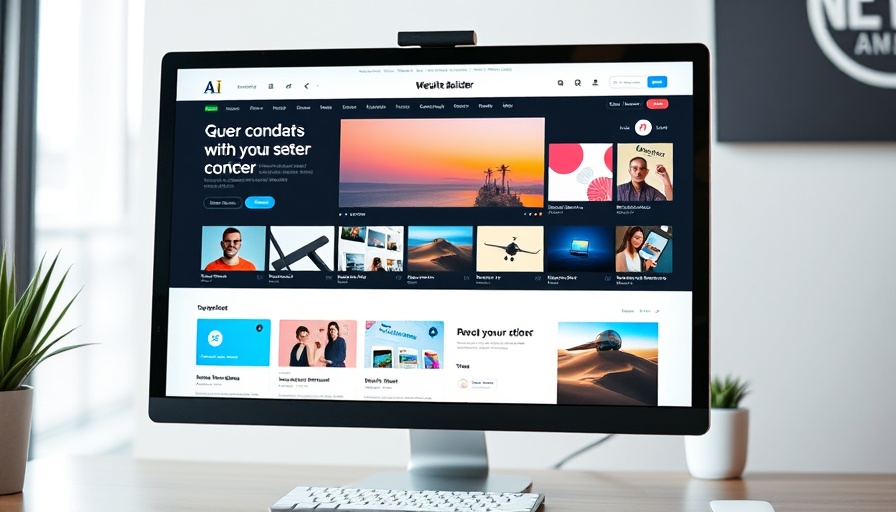
Revolutionizing Pharma Submissions: The AI-Enhanced Future
Pharmaceutical companies are facing mounting pressure to expedite their regulatory submission processes, a crucial component of bringing new medicines to market. As the industry evolves, integrating AI and zero-based design principles offers a transformative path to streamline these processes. This innovative approach could compress filing timelines from months to mere weeks, unlocking substantial net present value for pharma organizations.
The Cost of Delay in Drug Development
With the healthcare landscape continuously shifting, the emphasis on speed has never been greater. Delays in regulatory submissions can cost organizations significantly, with estimates suggesting that lengthening a submission by just one month on a $1 billion asset could equate to a $60 million loss in net present value. Hence, improving submission speed not only benefits pharma companies but also provides patients with timely access to life-saving therapies.
Key Strategies for Submission Excellence
To achieve expedited submissions, companies must leverage a framework comprised of six essential building blocks. These include creating a simplified filing strategy, adopting a redesigned zero-based process, implementing a radically changed operating model, and employing modern technology solutions. Embracing these blocks paves the way for an effective and efficient submission process.
Technological Solutions: A Game Changer
The role of technology in enhancing submission excellence cannot be overstated. Innovations like AI-based site creators, algorithmic web design solutions, and virtual web development assistants allow for greater automation in the submission process. These tools help streamline workflows and offer predictive insights, ensuring that submissions are not only quick but also of the highest quality.
Implementation Challenges and Overcoming Barriers
Despite the clear advantages, many companies grapple with the complexities of digital integration and the diverse nature of therapeutic modalities. Organizational capability gaps present significant hurdles as well, leading to inconsistent execution across the sector. Addressing these obstacles requires a concerted effort to build internal capabilities and embrace digital transformation fully.
Looking Ahead: Future of Regulatory Submissions
The push towards expedited regulatory submissions is not just a trend but a necessary evolution in the pharmaceutical industry. As more companies adopt AI and intelligent frameworks, we can expect a notable shift in how new drugs are approved, ultimately fostering an innovative environment that prioritizes patient needs above all else. The implications are profound: quicker access to medications will not only improve patient outcomes but also enhance the profitability and sustainability of pharma organizations.
 Add Row
Add Row  Add
Add 




Write A Comment